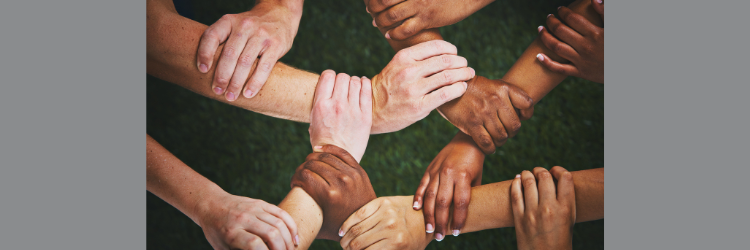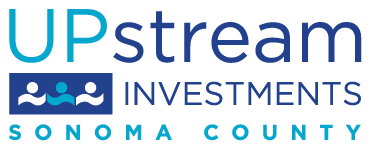ARPA NOFA Application Process

On December 14, 2021, the Board of Supervisors approved approximately $39 million in ARPA funding for Community Investments in Negative Economic Impacts on Individuals and Households and Disparities in Public Health Outcomes. Their decision was rooted in a months-long community driven process detailed at the bottom of the page. The Notice of Funding Availability (NOFA) was open from February 24th through April 11th.
Staff provided the virtual space for agencies interested in applying to meet one another and work together on joint applications. During the NOFA period, staff provided guidance through a technical assistance workshop and weekly responses to questions received. The box below provides links and downloadable documents for the application as well as resources provided to assist those interested in applying.
ARPA Historical Documents and Videos
ARPA NOFA (PDF)
Program Application Form (Word)
Attachment D - Map of Sonoma County Qualified Census Tracts updated 3.10.22 (PDF)
Attachment C - ARPA Eligible Beneficiaries (PDF)
ARPA Equity Workgroup Summary of Community Needs (PDF)
El sumario del aviso de disponibilidad de fondos (NOFA, por sus siglas en inglés) de ARPA (PDF)
Meet and Greet Q&A - from 2/22/22
ARPA NOFA Technical Assistance Workshop recordings in English and Spanish
Attachment A - Sample County Contract including ARPA Exhibit
Community Driven Process
The Office of Equity convened the ARPA Equity Work Group, a group of 15 individuals who met over the course of 2 months to identify deeply embedded roadblocks towards achieving equity with government funds and processes to overcome these structural challenges. In addition, the Office of Equity, the Human Services Department, and the Economic Development Board collaborated to host 5 virtual community Town Hall meetings where over 200 unique participants answered questions in small groups about how the pandemic affected them. Staff from the Office of Equity also met with different Promotore or community health worker groups to hear about the experiences of those who have been most disproportionately impacted by the pandemic. Based on feedback and ideas from the Town Halls, Community Surveys, the Equity Work Group, and Board member input received on November 2, the community identified specific needs within each of these major categories: Disparities in Public Health Outcomes and Negative Economic Impacts. The specific needs are assistance to households/basic needs, childcare and childcare facilities, educational disparities, small BIPOC-led businesses, nonprofits, and community-based organizations, culturally responsive disaster response and long-term recovery, mental health services, and homelessness, housing, and shelter. These needs became funding priority areas in the NOFA, so that agencies could develop programs to address these community identified needs.

 Translate
Translate